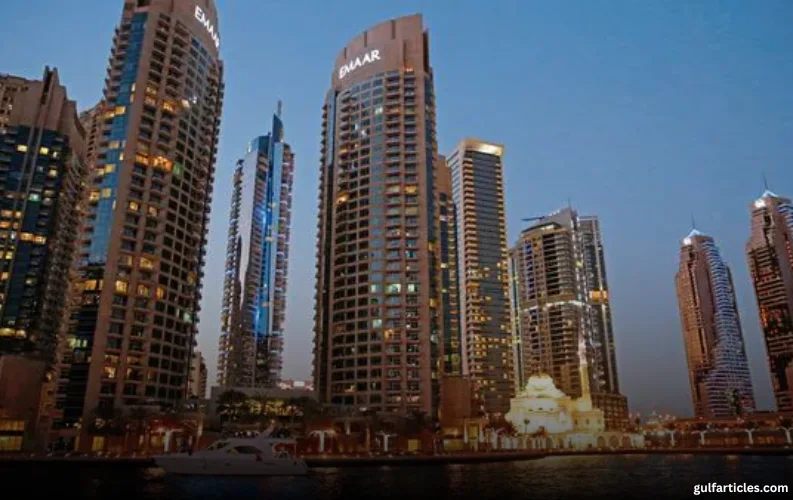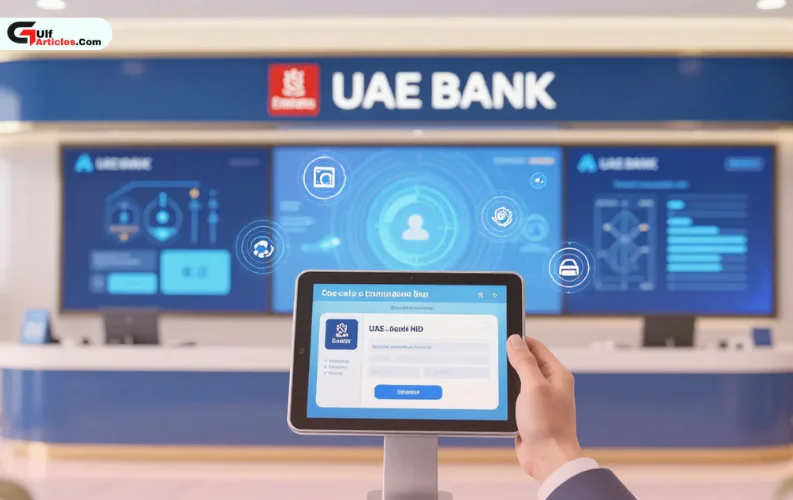Dubai and Riyadh are emerging as the Middle East’s leading business hubs, each offering unique advantages to global investors and entrepreneurs. As economic powerhouses, both cities are driving growth through ambitious economic reforms, strategic infrastructure development, and business-friendly policies. While Dubai has long been recognized as a global financial center, Riyadh is rapidly positioning itself as a dominant player under Saudi Arabia’s Vision 2030.
This article explores the factors fueling the competition between Dubai and Riyadh, their strengths and strategies, and what the future holds for businesses operating in these dynamic cities.
Economic Vision and Strategic Goals
Dubai: A Global Business Powerhouse
Dubai has established itself as an international hub for trade, finance, and tourism. Key initiatives driving its success include:
-
Dubai Economic Agenda (D33): Aims to double the city’s economy over the next decade and position it among the top global financial centers.
-
Free Zones: Areas like the Dubai International Financial Centre (DIFC) and Jebel Ali Free Zone attract multinational corporations with tax incentives and simplified regulations.
-
Diversification Beyond Oil: Dubai’s economy is driven by sectors such as logistics, real estate, tourism, and technology.
Riyadh: Saudi Arabia’s Vision for Growth
Riyadh is undergoing a massive transformation under Saudi Arabia’s Vision 2030, which aims to reduce dependence on oil and develop a diversified economy. Key initiatives include:
-
Financial Sector Development Program: Strengthening Riyadh as a financial hub and attracting international banks and investors.
-
Riyadh Metro Project: Enhancing infrastructure to support business operations and ease connectivity.
-
Investment in Technology & Innovation: Saudi Arabia is investing heavily in AI, fintech, and smart city initiatives to attract global talent and businesses.
Competitive Business Environment
Dubai’s Business Advantages
Dubai’s well-established infrastructure and business-friendly policies make it a preferred destination for international companies. Key advantages include:
-
Ease of Doing Business: Ranked among the top cities for business setup due to streamlined regulations.
-
World-Class Infrastructure: Modern airports, ports, and transportation networks.
-
Tax Incentives: 0% income tax for individuals and low corporate tax rates in free zones.
-
Global Connectivity: Serves as a hub for international trade and tourism with one of the busiest airports in the world.
Riyadh’s Business Appeal
Saudi Arabia is making significant efforts to position Riyadh as a top business hub. Key advantages include:
-
Saudi Arabia’s Growing Market: A large domestic economy with rising consumer demand.
-
Investment-Friendly Reforms: Legal and regulatory changes making foreign investment more accessible.
-
Major Corporate Relocations: The Saudi government requires multinational firms to establish regional headquarters in the kingdom to access lucrative government contracts.
-
Strategic Location: Centrally positioned within the GCC, making it ideal for regional expansion.
Real Estate & Infrastructure Development
Both cities are investing heavily in infrastructure to attract businesses and talent.
-
Dubai: Home to iconic developments like the Burj Khalifa, Dubai Expo City, and the upcoming Dubai Urban Master Plan 2040.
-
Riyadh: Developing mega projects such as the King Salman Park, Diriyah Gate, and the $500 billion NEOM smart city.
Dubai remains a leader in high-end commercial real estate, while Riyadh is developing new financial districts to accommodate global businesses.
Sector-Specific Growth & Innovation
Technology & Fintech
-
Dubai has established itself as a fintech hub with initiatives like the Dubai Future Foundation and DIFC Innovation Hub.
-
Riyadh is rapidly catching up with investments in AI and smart city technologies, with projects like the Saudi Data & AI Authority (SDAIA) leading the charge.
Tourism & Entertainment
-
Dubai’s tourism industry remains unmatched, with attractions such as the Burj Khalifa, luxury resorts, and year-round events.
-
Riyadh is expanding its entertainment sector, hosting major global events and developing entertainment cities like Qiddiya.
Renewable Energy & Sustainability
-
Dubai is investing in solar energy through the Mohammed bin Rashid Al Maktoum Solar Park.
-
Riyadh is leading Saudi Arabia’s green initiatives, with massive investments in sustainable energy as part of Vision 2030.
Challenges & Future Outlook
Challenges Facing Dubai
-
Rising cost of living and business operations.
-
Dependence on tourism and external economic conditions.
-
Competition from emerging regional hubs like Riyadh.
Challenges Facing Riyadh
-
Ongoing regulatory adjustments and investor confidence.
-
Need to develop a more expatriate-friendly lifestyle compared to Dubai.
-
Transitioning from an oil-dependent economy.
The Future of the Dubai-Riyadh Rivalry
-
Dubai will continue leveraging its global status, established infrastructure, and innovative policies.
-
Riyadh will attract businesses through aggressive reforms, large-scale investments, and government-backed incentives.
-
Both cities will likely coexist as dominant business hubs, offering unique advantages to different industries and investors.
Conclusion
Dubai and Riyadh are reshaping the Gulf’s business landscape, each with its strengths and strategic vision. While Dubai remains the region’s most established hub, Riyadh is making bold moves to claim a larger share of the business ecosystem. As both cities compete for economic dominance, businesses and investors stand to benefit from improved infrastructure, investment opportunities, and regulatory enhancements. The Gulf’s future as a global business powerhouse will be shaped by this dynamic competition, fostering innovation and economic growth in the region.
You may also like:-






















